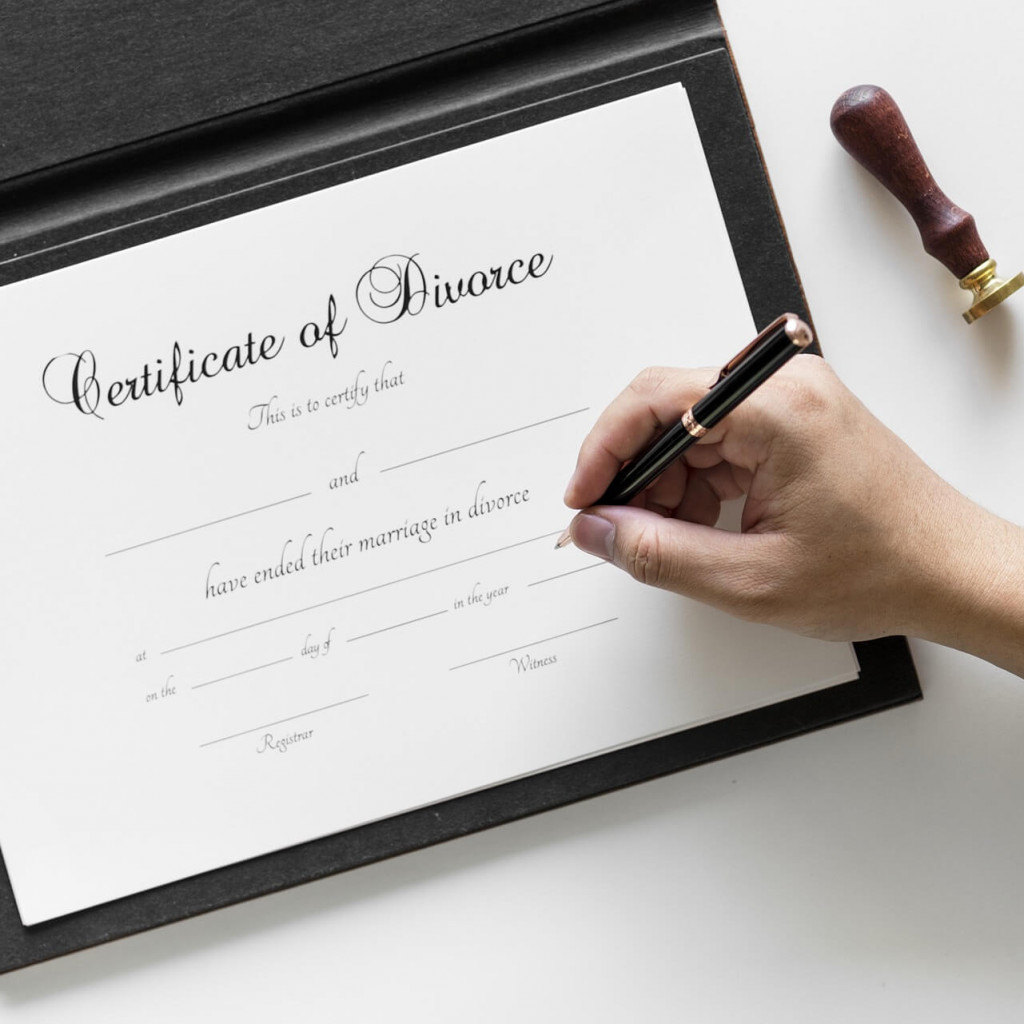The family home is likely to be the biggest asset within the marriage. Both parties have a right of occupation, even if the property is owned in one party’s sole name. Negotiations will need to take place to determine what will happen to the property. There are a few options available:
- The home could be sold– Following a sale of the family home, the proceeds will need to be divided between you. This does not necessarily mean that there will be a 50/50 split. If a decision cannot be reached as to the split of the proceeds then it is likely that the property lawyers will hold the funds in their account until there is either an agreement or a sealed court order. In the event the home is sold both parties will need to find new accommodation. If there are children then their needs will need to be re-housed and will take priority.
- A “buy-out”– If there is insufficient equity in the property to re-house both parties then they will need to look at options of mortgages or rental. Much will also depend upon whether either party can obtain a mortgage and, if so, whether it would be enough to buy the other party’s share from them. There may also be an issue if your mortgage company is unwilling to release one party from their mortgage obligations. It is essential to check the willingness of the current mortgage provider to release a party at an early stage.
- A “Mesher” Order– This means that the parent caring for the children can continue to reside in the home until an event takes place to trigger the sale of the property. These “trigger events” are usually:
- The youngest child reaching the age of 18 or finishing full-time secondary education.
- The spouse in the home remarrying
- The spouse in the home cohabiting with a new partner
Consideration would need to be given as to who would pay the mortgage and other payments if only one spouse is getting the benefit of the property. After the trigger event occurs the property would be sold and the sale proceeds divided between you as mentioned above.
Matrimonial Home Rights
The family home is a matrimonial asset and therefore even if the property is owned solely by one spouse, it is still taken into consideration with jointly owned assets. Where it is the case that one spouse owns the property it is advisable for the non-owning spouse to safeguard their interest in the property during financial negotiations by registering a Home Rights Notice at the Land Registry. This simply means that the owner cannot sell the property (and/or dispose of the sale proceeds), transfer ownership to someone else, or remortgage while financial negotiations are taking place. The owner will be notified by the Land Registry that a Home Rights Notice has been registered.
How we can help
If you need any advice or guidance regarding anything mentioned above, then please do not hesitate to contact our experienced team of family law solicitors in Devon on 01392 207020.






